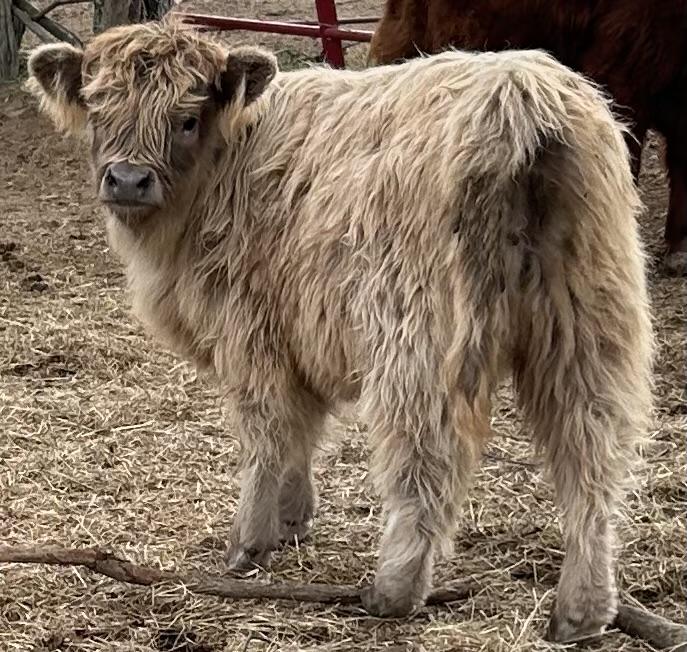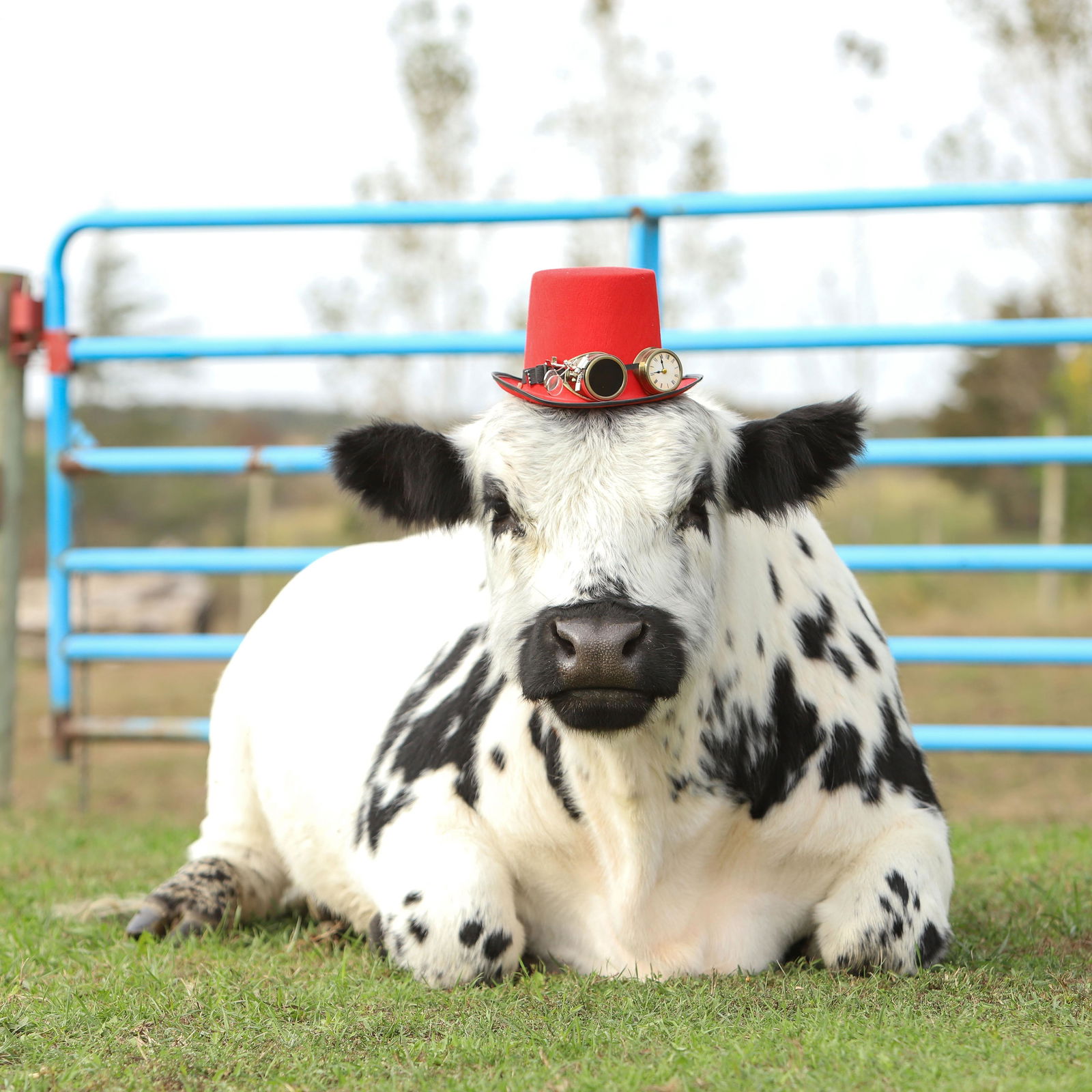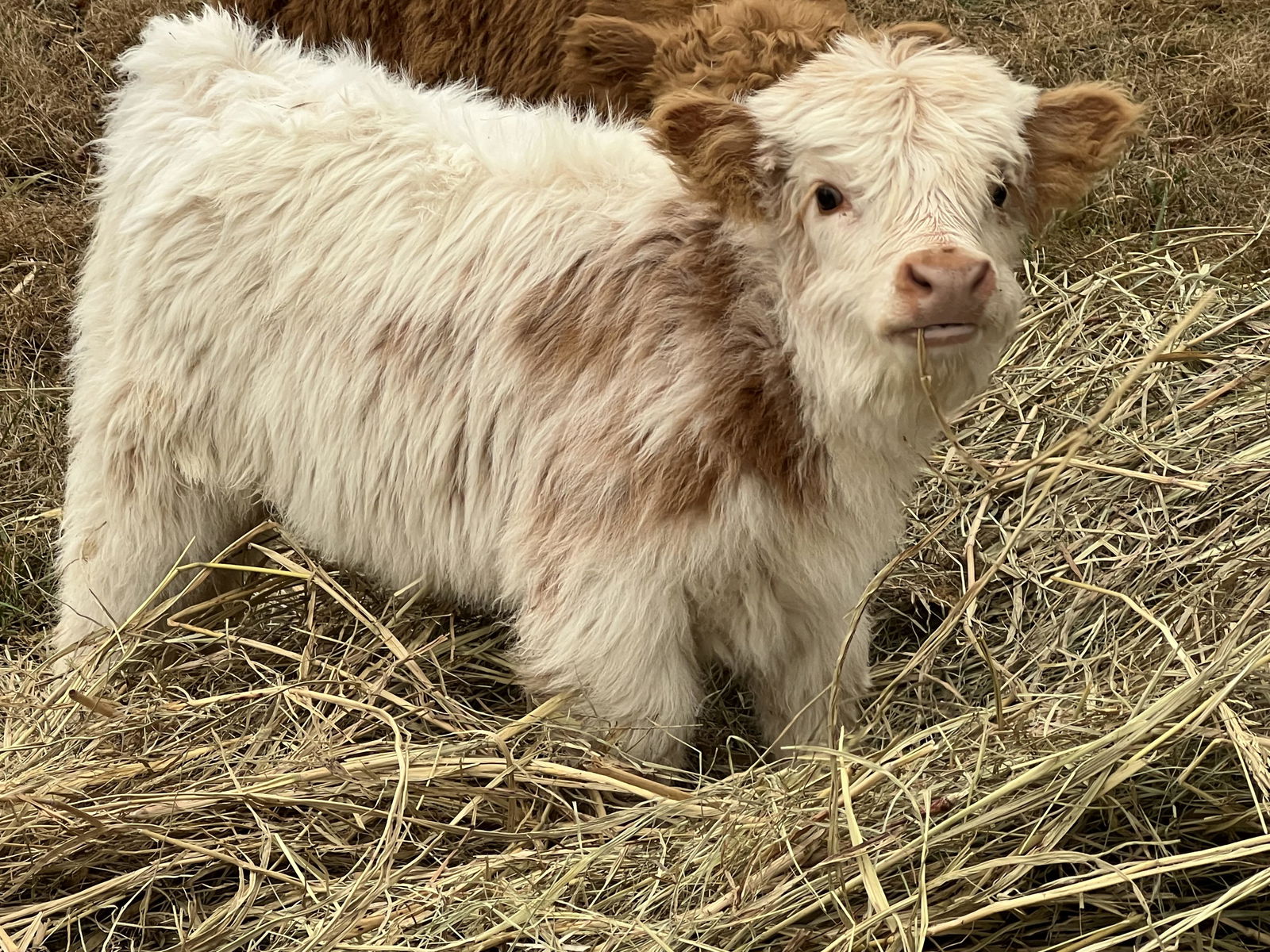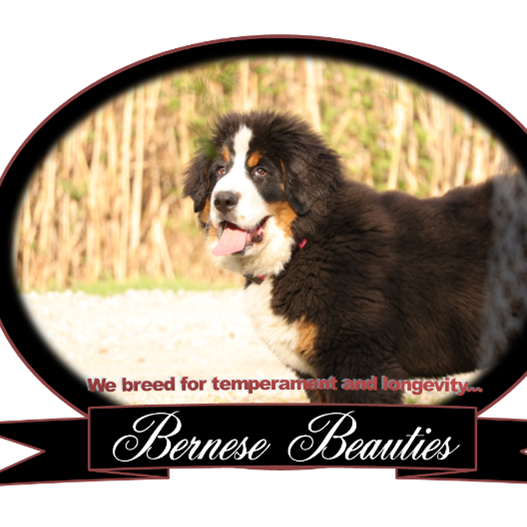
Mini Donkey Foal Care: Everything You Need to Know for a Healthy Start
Author: Elliott Garber, DVM
Looking for a dose of pure joy? Meet the mini donkey foal – nature’s most adorable pocket-sized package of charm. These tiny sweethearts stand no taller than 36 inches when fully grown, but they pack enough personality to fill a barn. Trust me, watching a baby miniature donkey prance around is one of life’s most heartwarming sights.
Regular donkey foals are cute, but mini donkeys take adorable to a whole new level. Their fluffy ears, tiny hooves, and playful personalities make them impossible to resist. They’re not just scaled-down versions of standard donkeys – they’re their own special breed that’s captured hearts worldwide.
What Is a Mini Donkey Foal?
A mini donkey foal is a baby Miniature Mediterranean donkey that starts life at just 18-24 inches tall. They’re born tiny and stay that way – it’s in their genes!
Physical Characteristics
These little ones have some pretty distinctive features:
Their ears are large and fuzzy, standing about 3-4 inches tall – perfect for expressing their big personalities. Their coat feels like wool, much softer than their parents’ hair. They have adorably short legs with tiny hooves (just 2-3 inches across), a round belly, and a head that looks slightly too big for their body. Like their larger cousins, they sport that classic cross-shaped marking on their back.
Size and Growth
Here’s how these little ones grow up:
At birth, they’re just 18-24 inches tall and weigh 15-25 pounds – about the size of a medium dog! By 6 months, they reach 24-28 inches and 75-100 pounds. Their one-year milestone brings them to 28-32 inches and 125-175 pounds. Full-grown mini donkeys top out at 32-36 inches and 200-350 pounds.
These little champions are up and standing within their first hour of life and walking confidently just a couple hours later. They grow about 1-2 inches each month, reaching 90% of their adult height by age 2. They’re fully grown between 3-4 years old.
Care Requirements for Baby Miniature Donkeys
Taking care of a baby mini donkey isn’t rocket science, but it does require attention to detail and a good dose of TLC. Let’s break down what these little ones need to thrive.
Feeding and Nutrition
The first few days are crucial for any baby donkey. They need their mother’s first milk (colostrum) – it’s packed with antibodies that protect them from illness. Your tiny friend needs about 100 ml per kg of body weight in their first 12 hours, starting within 2-4 hours after birth.
For the first week, these little ones are eating machines:
- They need feeding every 1-2 hours (milk should be warm, about body temperature)
- Healthy foals drink about 1 liter daily for every 10 kg they weigh
- If they’re under the weather, they’ll need smaller, more frequent meals
When it comes to weaning, take it slow:
- Start introducing special milk-based pellets around week 3
- Gradually increase solid food as they grow
- Keep an eye on their weight gain – steady is the way to go
Housing and Shelter
Baby mini donkeys need a cozy, safe space to call home. Think of it as creating a nursery for your tiny friend:
Their main living space should be:
- An 8×8 foot stall (minimum) that keeps them snug and draft-free
- Fresh, clean bedding every day
- Rubber mats for good footing (those tiny hooves need traction!)
The outdoor area needs:
- A small, secure paddock for exercise
- Shade for those sunny days
- Flat ground without any tripping hazards
- Fresh water within easy reach
- Strong fencing at least 4 feet high
Health Considerations for Mini Donkey Foals
Just like human babies, mini donkey foals need special attention in their early weeks. Keeping a close eye on their health helps catch any problems early.
Common Health Challenges
These little ones can face a few hurdles in their early days:
- Immunity Issues
- Sometimes they don’t get enough antibodies from mom’s first milk
- This makes them more likely to get sick
- Your vet can help with supplements if needed
- Serious Infections
- Can happen if their immune system isn’t strong enough
- Treatment might include special plasma treatments and antibiotics
- Round-the-clock care is often needed
- Tummy Troubles
- Watch for signs of diarrhea
- Can be caused by various bacteria
- Usually treatable if caught early
Keeping Them Healthy
Prevention is better than cure:
First Milk (Colostrum):
- Check its quality right after birth
- Make sure baby is nursing well
- Keep some frozen colostrum as backup
Shots and Checkups:
- First vaccines start at 3 months
- They’ll need protection against tetanus, flu, and a few other diseases
- Boosters follow at 4 and 6 months
Regular Health Checks:
- Take their temperature daily
- Weigh them weekly
- Have the vet check them monthly
Remember, each baby donkey has their own personality and might need slightly different care. Pay attention to their individual needs and don’t hesitate to call your vet if something seems off.
Training and Socialization
The early days with your mini donkey foal shape who they’ll become. Think of it as building their personality blueprint – the time you spend together now creates the foundation for a wonderful friendship.
Basic Handling Tips
Start gentle and keep it simple. Your tiny friend needs to learn that humans mean good things:
Spend time each day getting your foal used to being touched – their legs, face, ears, and body all need gentle handling. Start with quick five-minute sessions (that’s about as long as they can focus at first).
Around two weeks old, introduce a properly fitted halter. Take it slow – this is all new to them. Practice standing still for grooming, and get them used to having their hooves handled. Keep sessions short and sweet, especially when they’re paying attention nicely.
Remember to praise them when they’re calm – a gentle pat and soft words go a long way.
Building Trust and Confidence
Building trust is like making a new friend – it takes time and patience:
Set up a daily routine they can count on. Introduce new things gradually, and let mom stay nearby for moral support. Use treats sparingly as rewards – you want a friend, not a treat machine!
Make training fun with mini obstacle courses, and let them hang out with other calm donkeys when they’re ready. Always end your time together on a good note, and give them chances to explore safely.
Stay calm and patient – your attitude sets the tone for everything.
Training Timeline
Here’s when to start different activities with your foal:
- Day 1: First gentle touches and handling
- 2 weeks: First time wearing a halter
- 3-4 weeks: Learning to walk on a lead
- 2-3 months: Playing with other donkeys
- 3-4 months: Fun with simple obstacles
Mini Donkey Foal Development Stages
Watching a mini donkey grow up is like seeing a tiny miracle unfold. Let’s walk through their journey from day one.
Birth to Weaning
These little ones hit the ground running – literally! Within their first couple hours, they’re already trying to stand. By hour four, they’re usually nursing, getting that crucial first milk from mom.
In the first 24 hours, you’ll see:
- Their first wobbly steps
- First meal (nature’s perfect start)
- First bathroom break (yes, it’s important!)
Their mom (we call her a jennet) is their first teacher:
- She’ll dry them off with careful licking
- Keep them close and warm
- Guard them from anything scary
First Year Milestones
Your mini donkey’s first year is packed with exciting changes:
First Week:
- Getting steady on those tiny legs
- Learning to regulate body temperature
- Figuring out this big new world
First Month:
- Starting halter training (2-3 weeks)
- Building confidence in new situations
- Learning basic manners
Middle Months:
- Beginning weaning (4-8 weeks)
- First vaccines (3-4 months)
- Making donkey friends
Later Months:
- Fully weaned (6-8 months)
- Growing stronger every day
- Reaching 75% of their adult height (12 months)
Conclusion
Mini donkey foals are living proof that good things come in small packages. These tiny charmers bring joy, laughter, and love into any space they occupy. While raising one takes dedication and patience, the reward is a lifetime of friendship with one of nature’s most endearing creatures.
Remember, every mini donkey develops at their own pace. Your job is to guide, protect, and cherish them along the way. The time and love you invest in these early days will bloom into a beautiful partnership that lasts for years to come.

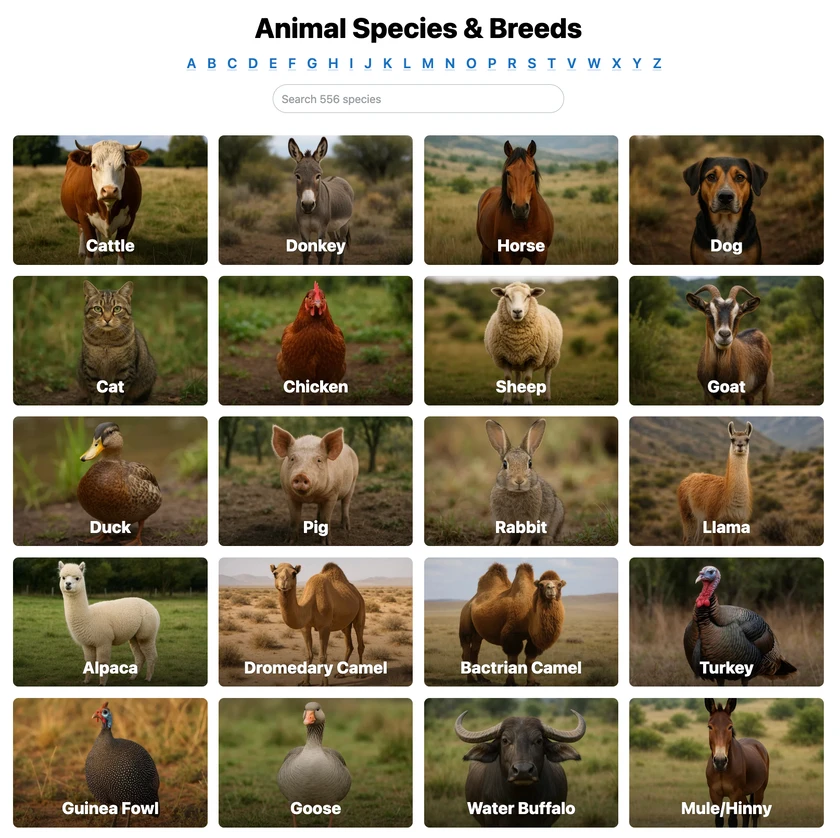 All Species & Breeds
All Species & Breeds
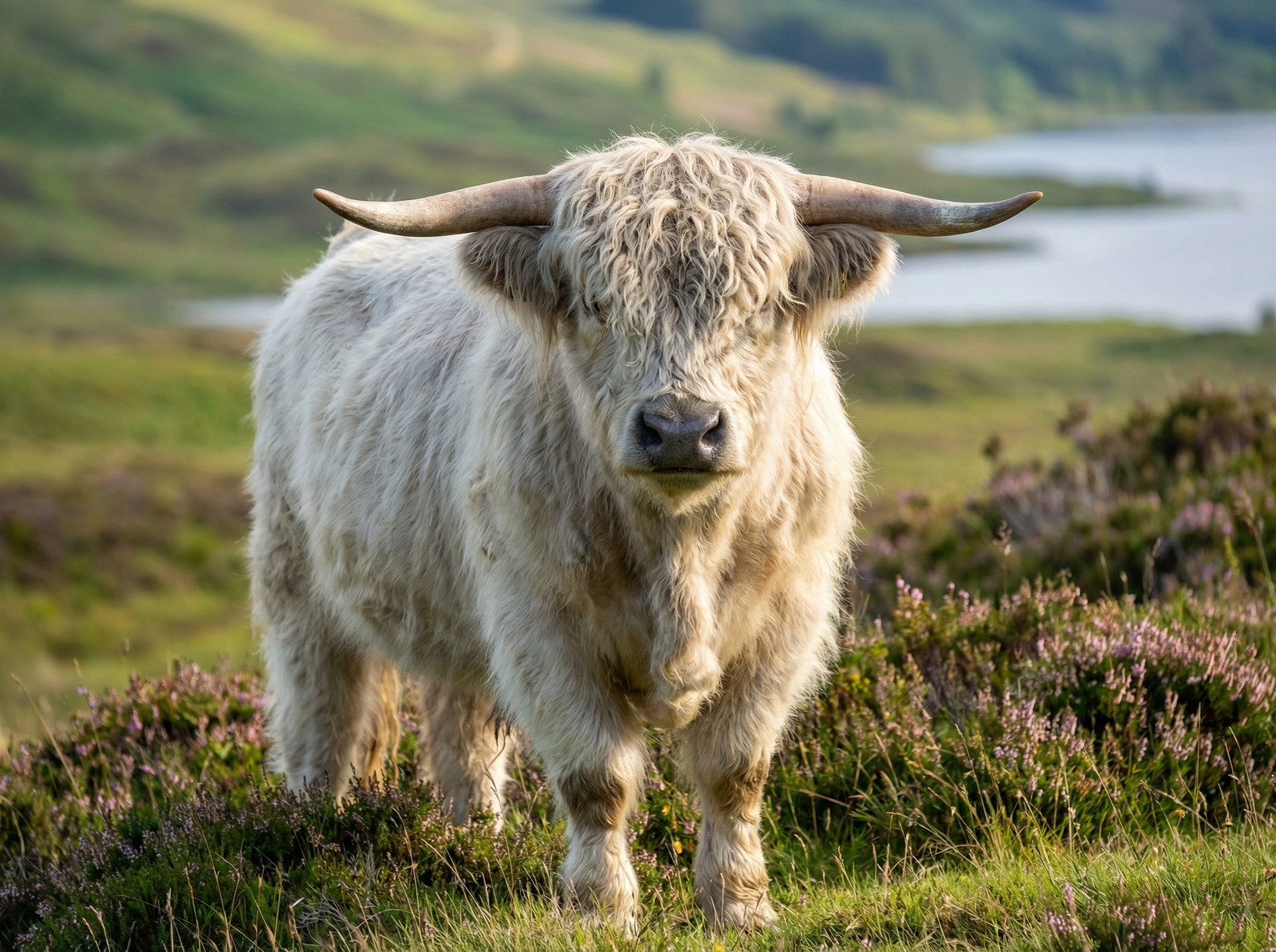 Highland Cattle
Highland Cattle
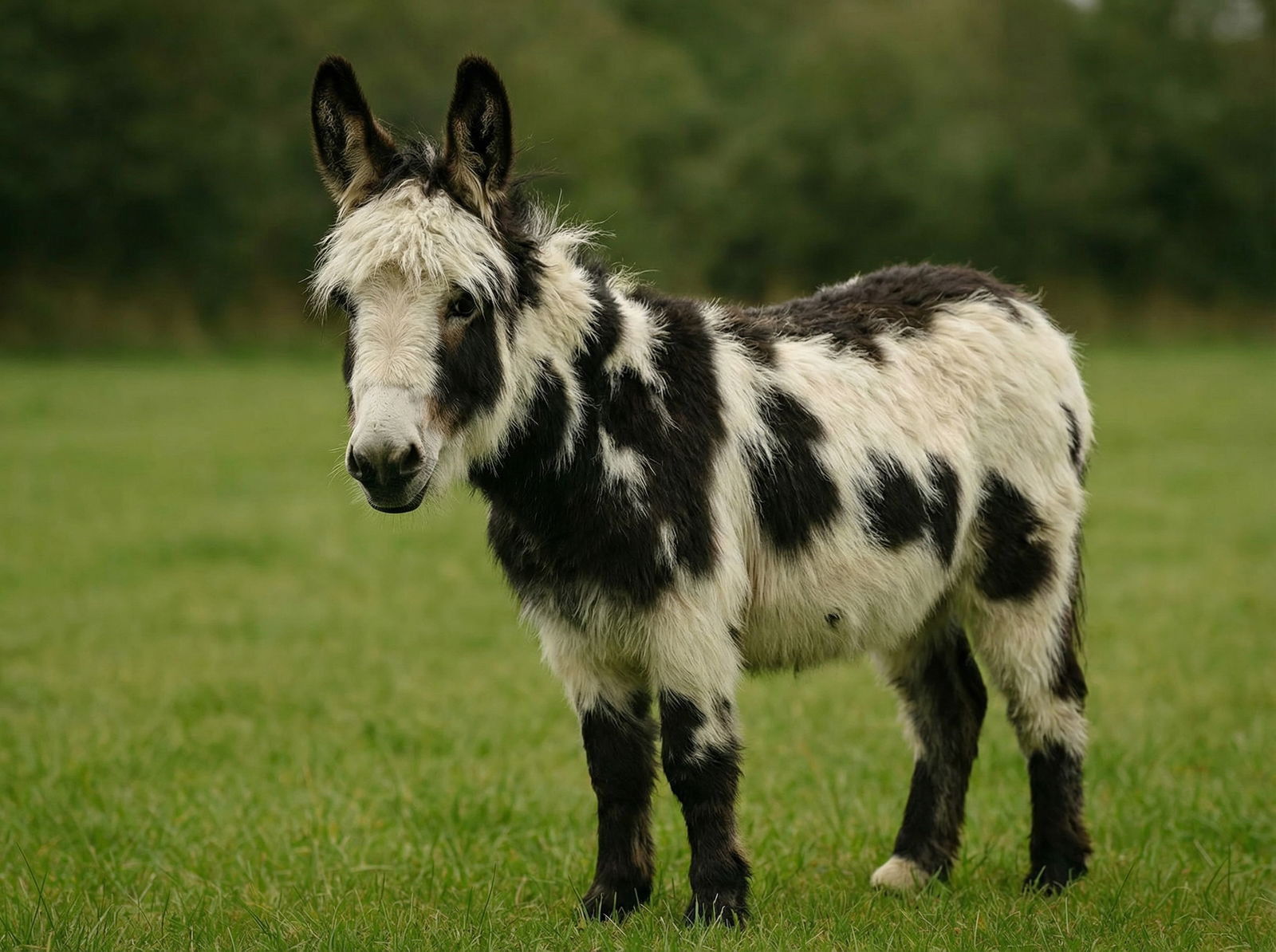 Miniature Donkeys
Miniature Donkeys
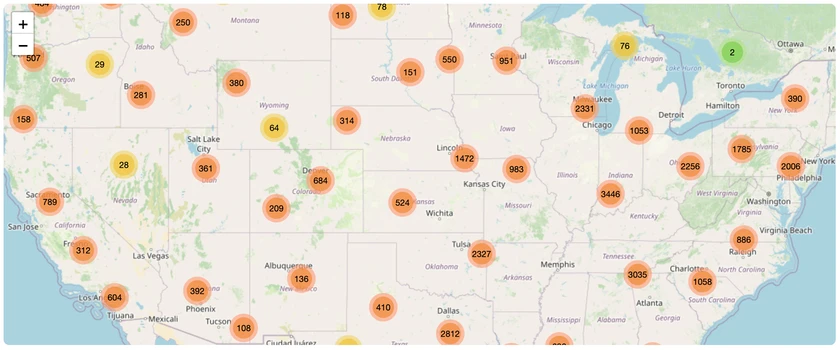 All Species Directory
All Species Directory
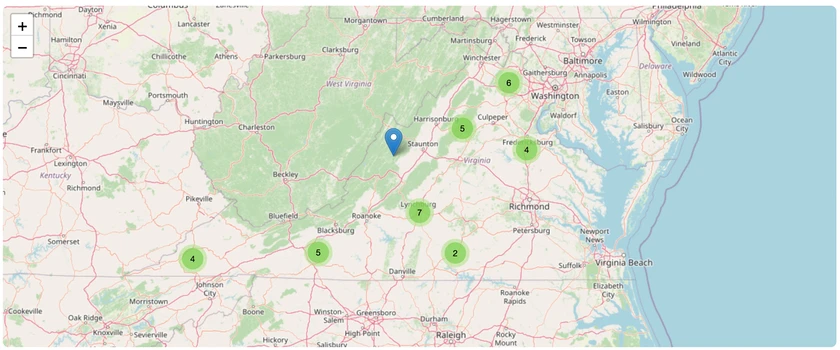 Highland Cattle in Virginia
Highland Cattle in Virginia
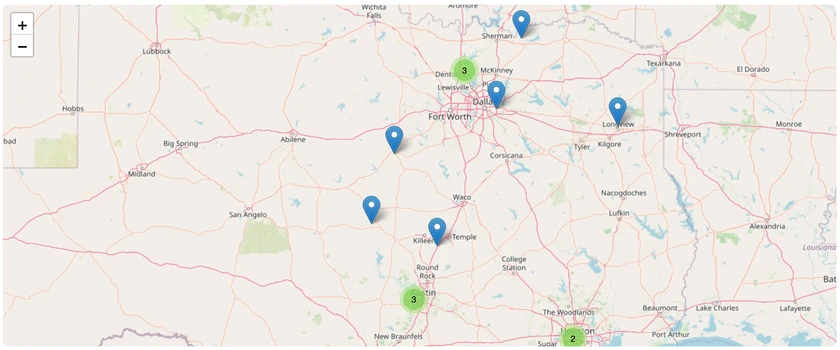 Miniature Donkeys in Texas
Miniature Donkeys in Texas








